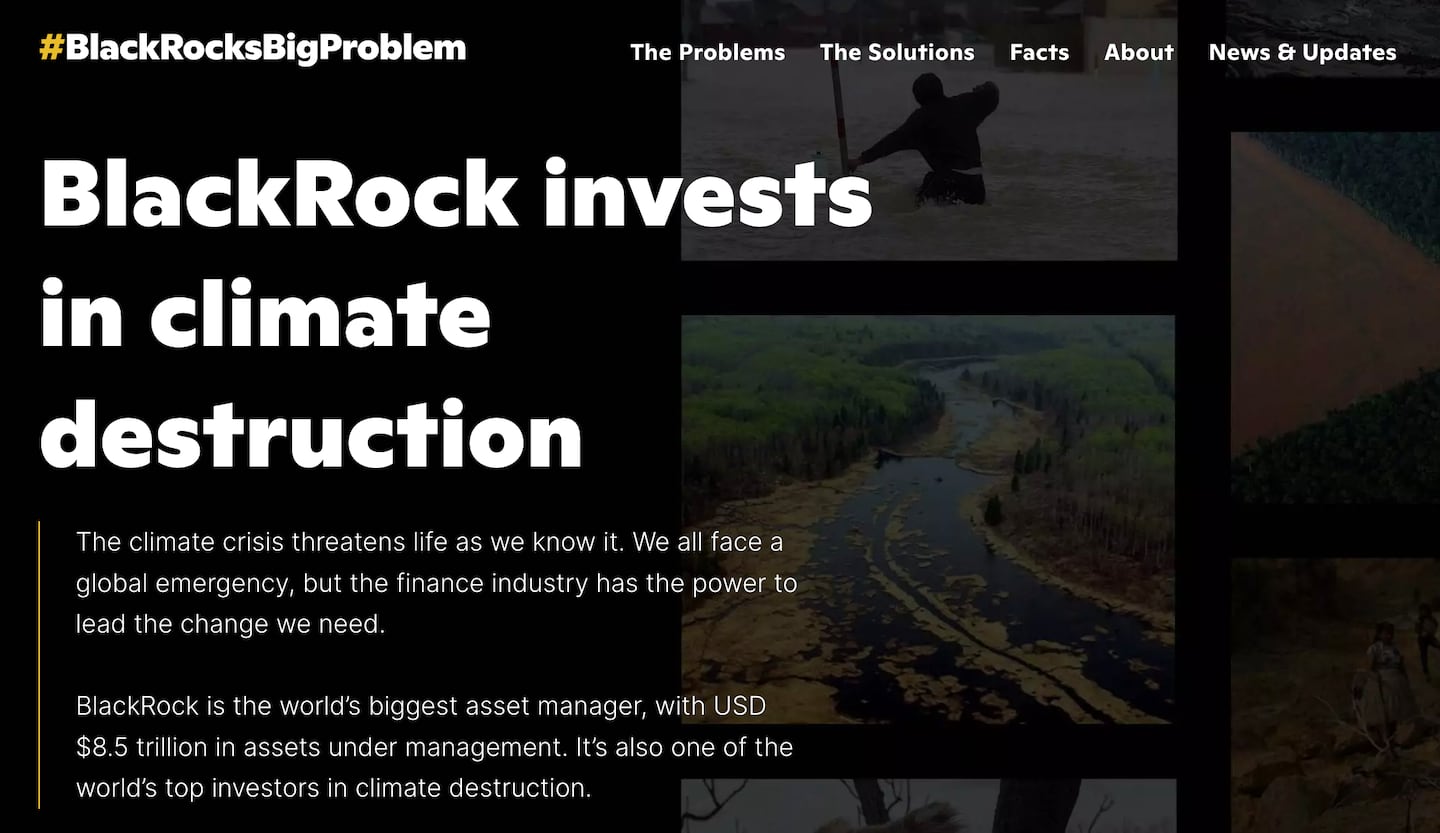Greenpeace is calling for caution in response to the government’s announcement it’s partnered with American financial giant BlackRock, to increase finance for renewable energy.
“It’s good to see the Government finally showing some ambition for real climate action,” Greenpeace spokesperson Amanda Larsson said.
“Building a significant amount of new renewables is essential if we’re going to replace climate-polluting fossil fuels, especially in the transport and industrial sectors. But how you do renewables also matters.”
Prime Minister Chris Hipkins revealed a ‘first-of-its-kind’ $2 billion climate infrastructure fund in Auckland this morning, saying the government is partnering with BlackRock with the goal of making New Zealand the first country in the world to reach 100 per cent renewable electricity.
“It will be BlackRock’s largest single-nation decarbonisation investment to date,” Hipkins said.
Greenpeace says it’s concerned about the reliance on private finance to achieve 100% renewable energy goals.
Not balanced with community policies
“This announcement hasn’t been balanced with meaningful policies to support household solar or community energy, as has been done in most other countries that are leading the charge on renewables, such as Denmark and Germany,” Larsson says.
“Even in the US and Australia, there is much more support for household and community energy.”
There are no subsidies or feed-in tariffs for solar power in New Zealand, and there never have been - making Aotearoa an outlier amongst its contemporaries.
“What we’ve seen in countries that have done renewable energy rollouts well is that local ownership is essential for generating buy-in to new renewables and ensuring that local people and communities benefit.”
“That kind of public buy-in speeds the roll-out of renewables,” Larsson says.
BlackRock, the world’s largest asset manager overseeing a staggering US$8.5 trillion in assets, has come under scrutiny for its investments in fossil fuel enterprises, including Glencore, a coal-mining company.
No local buy-in
Larry Fink, BlackRock’s chief executive, is an influential advocate for environmental, social, and corporate governance (ESG) investment principles, but last year BlackRock was slammed by a high-profile investor for failing to condemn a Belgian chemical company called Solvay, for dumping soda ash into the Mediterranean.
“The government announced a deal today that puts renewable energy into the hands of overseas private investors,” Larsson reaffirmed.
“Alongside yesterday’s announcement that the government wants the fast-track consenting process to be a key vehicle for new renewables, we have very real concerns that these projects will be forced through without local buy-in.
“Doing renewables badly is ultimately bad news for the climate,” Larsson reiterated, adding that when it came to climate change, it was not all about renewables.
“Here in New Zealand, the major sources of climate pollution are cars and cows.”
“Any political party that is serious about climate change needs to come to the table with ambitious policies to address big dairy and transport emissions.”


